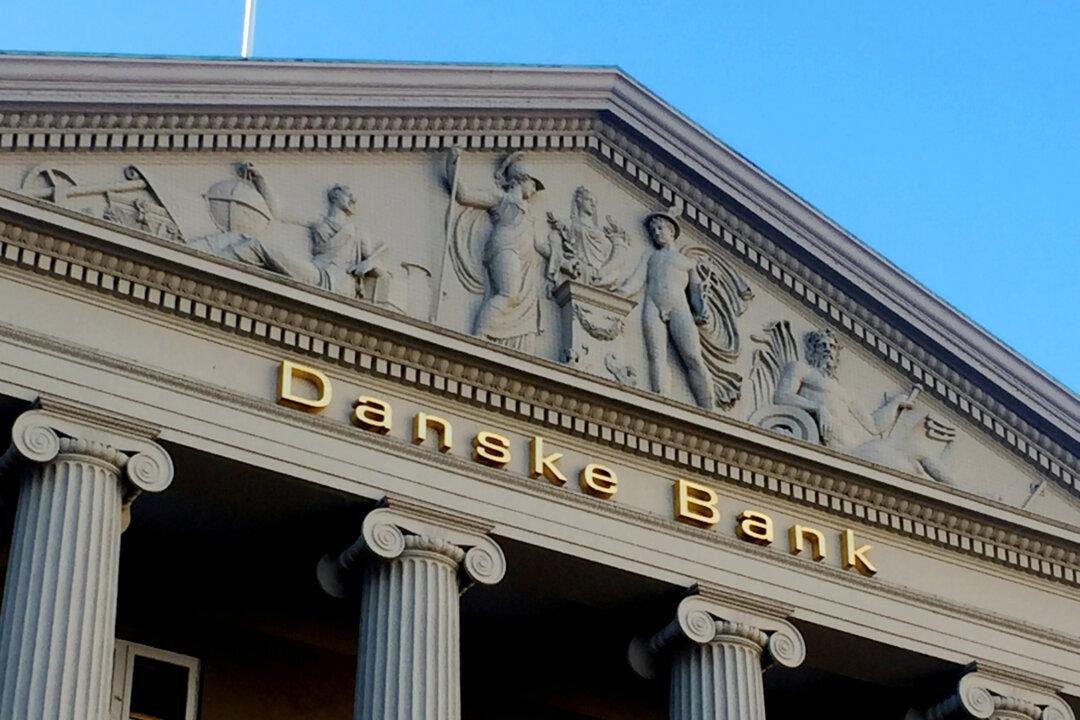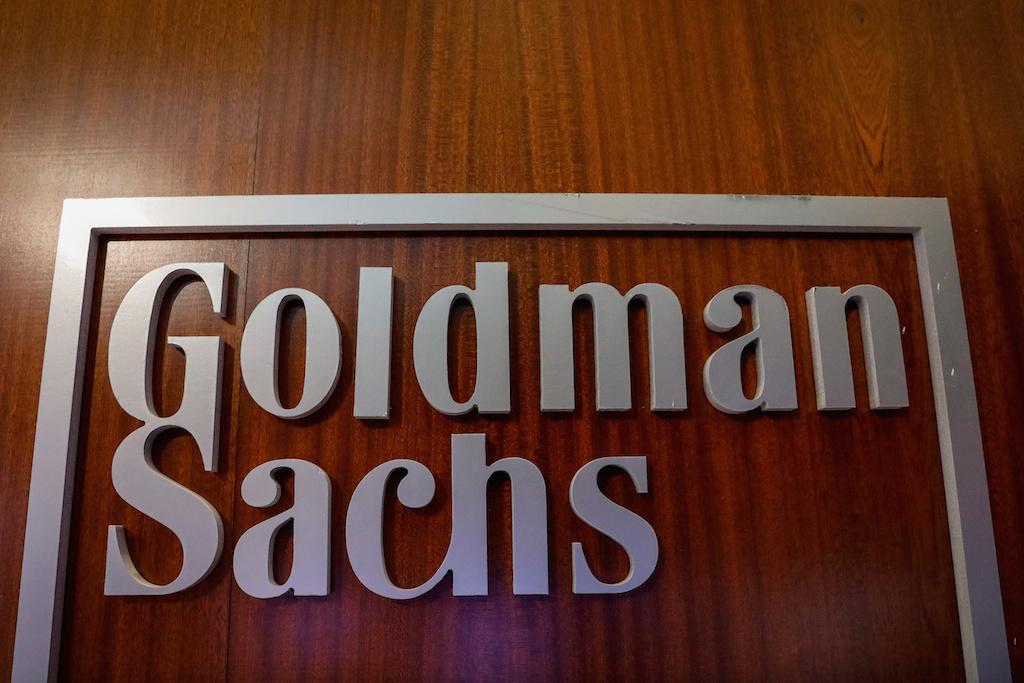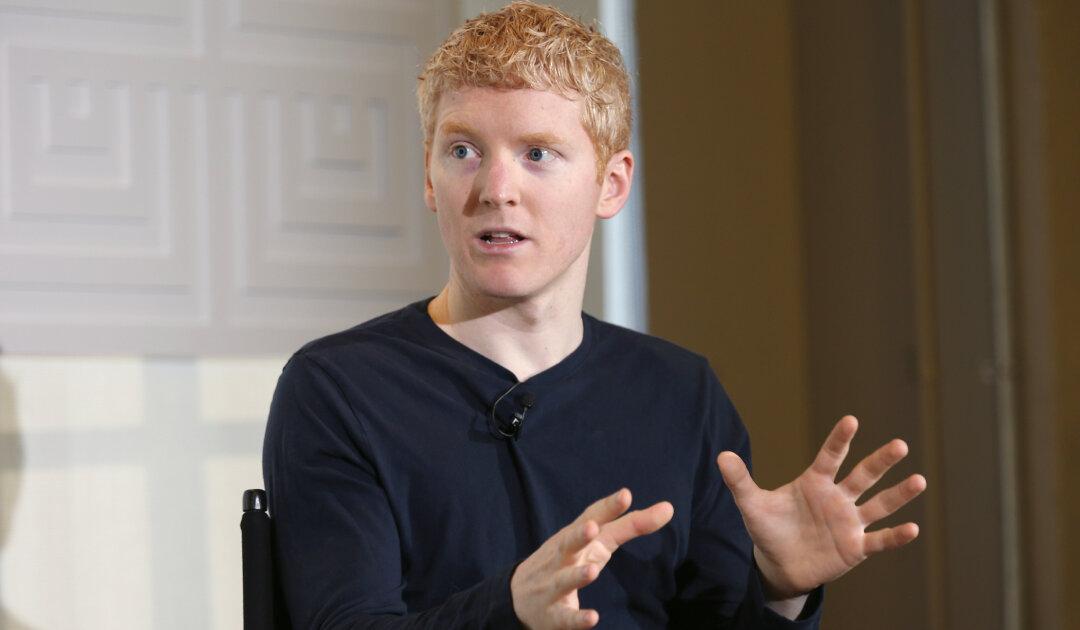Danske Bank A/S’s laundering scandal and a massive dividend-tax fraud now look set to influence elections due to be held in Denmark next year.
The country’s politicians are promising major changes to how the financial industry will be policed. The goal is to appease voters stunned by the sheer scale of allegations against their country’s biggest bank, and by revelations that state coffers were systematically robbed by bankers who found a loophole in tax laws.




